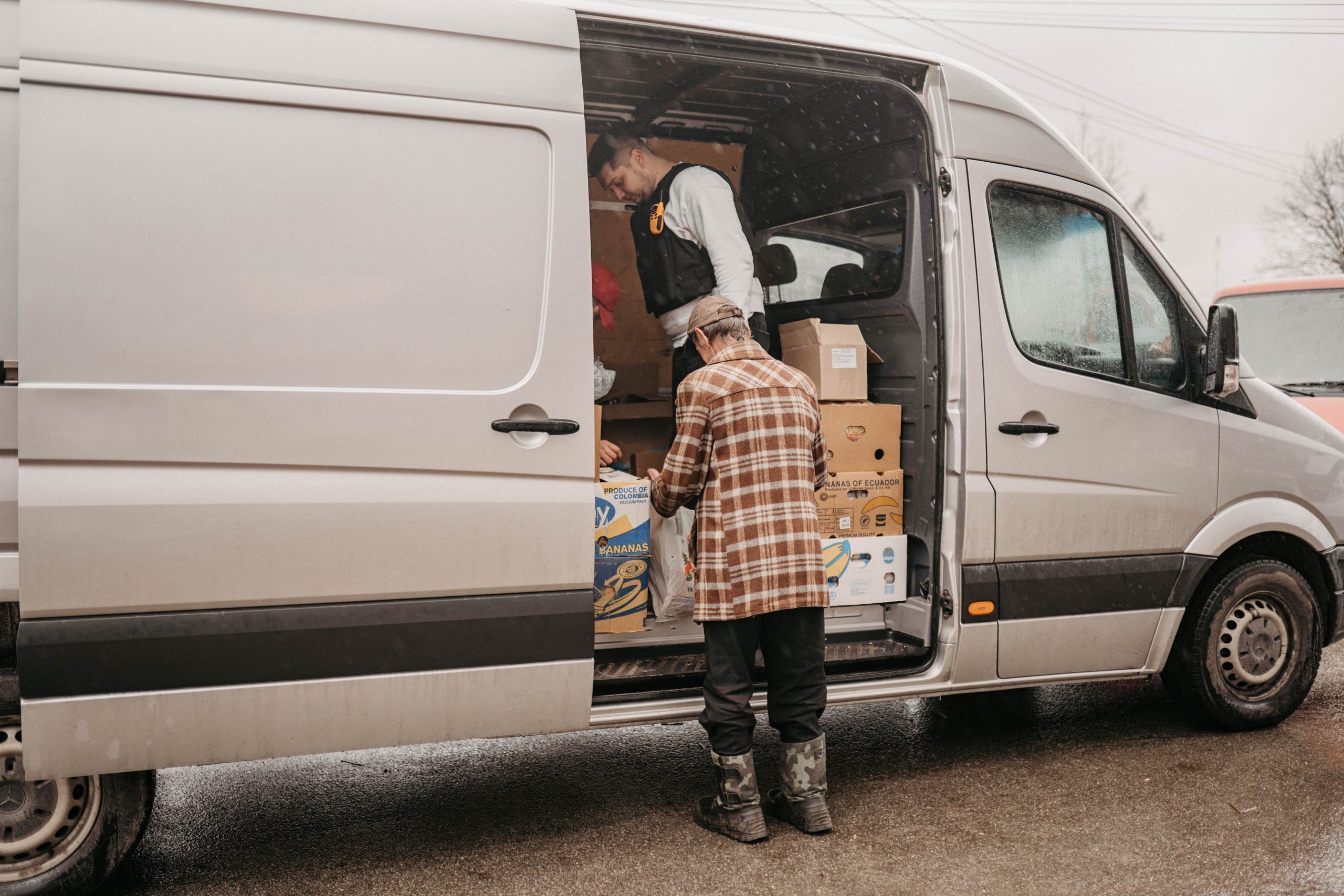The Council unanimously adopted a decision to add the violation of restrictive measures to the list of ‘EU crimes’ included in the Treaty on the Functioning of the EU.
Pavel Blažek, Czech Minister of Justice: The EU has responded with determination to Russia’s unprovoked and unjustified war against Ukraine. It has adopted an unprecedented number of sanctions to target Russia’s economy and thwart its ability to continue with this aggression. To succeed, their implementation requires a joint effort, and today’s decision is an essential tool to ensure any attempts to circumvent these measures will be stopped.
The EU has adopted a number of restrictive measures in the context of Russia’s war of aggression against Ukraine and it is essential that these measures are fully implemented. Currently member states have different definitions of what constitutes a violation of restrictive measures and what penalties should be applied in the event of violation. This could lead to different degrees of enforcement of sanctions and a risk of these measures being circumvented, potentially allowing sanctioned persons to continue accessing their assets and supporting regimes targeted by EU measures.
The inclusion of the violation of restrictive measures in the list of ‘EU crimes’ is the first of two steps to ensure a similar degree of sanctions enforcement throughout the EU and to dissuade attempts to circumvent or violate EU measures.

EU introduces exceptions to restrictive measures to facilitate humanitarian activities in Ukraine
|
Next steps
Following the adoption of this decision, the European Commission will present a proposal for a directive containing minimum rules concerning the definition of criminal offences and penalties for the violation of EU restrictive measures. This draft directive will then need to be discussed and adopted by the Council and the European Parliament.
Background
Under Article 83(1) of the Treaty on the Functioning of the EU, the Parliament and the Council may establish minimum rules concerning the definition of criminal offences and sanctions in areas of particularly serious crime with a cross-border dimension. The areas of crime currently listed in this article are terrorism, trafficking in human beings and sexual exploitation of women and children, illicit drug trafficking, illicit arms trafficking, money laundering, corruption, counterfeiting of means of payment, computer crime and organised crime.
On 25 May 2022, the European Commission presented a proposal for a decision to extend the list of these areas of crime to include the violation of restrictive measures adopted by the EU.
Source: Press release – European Council







Leave a Reply